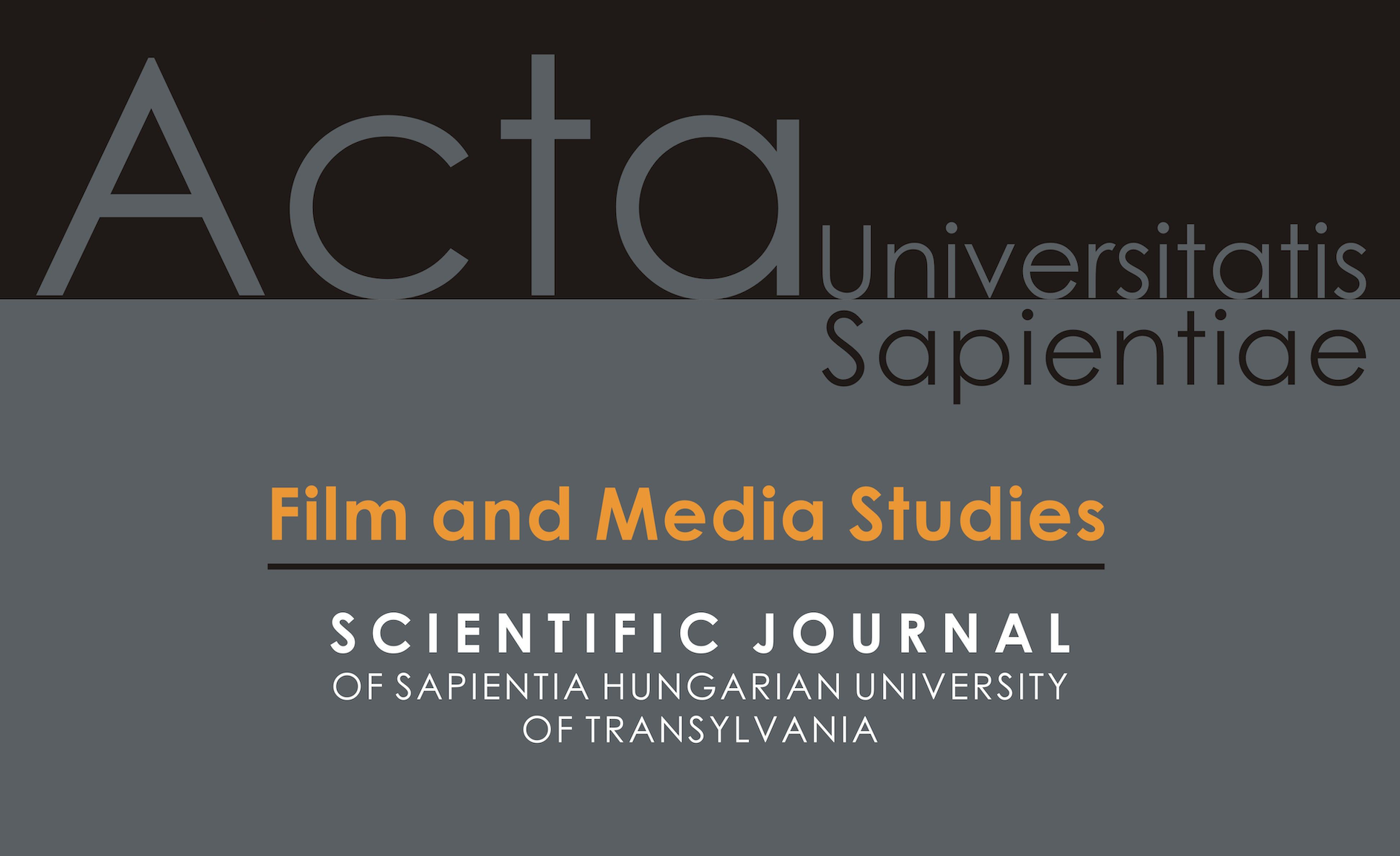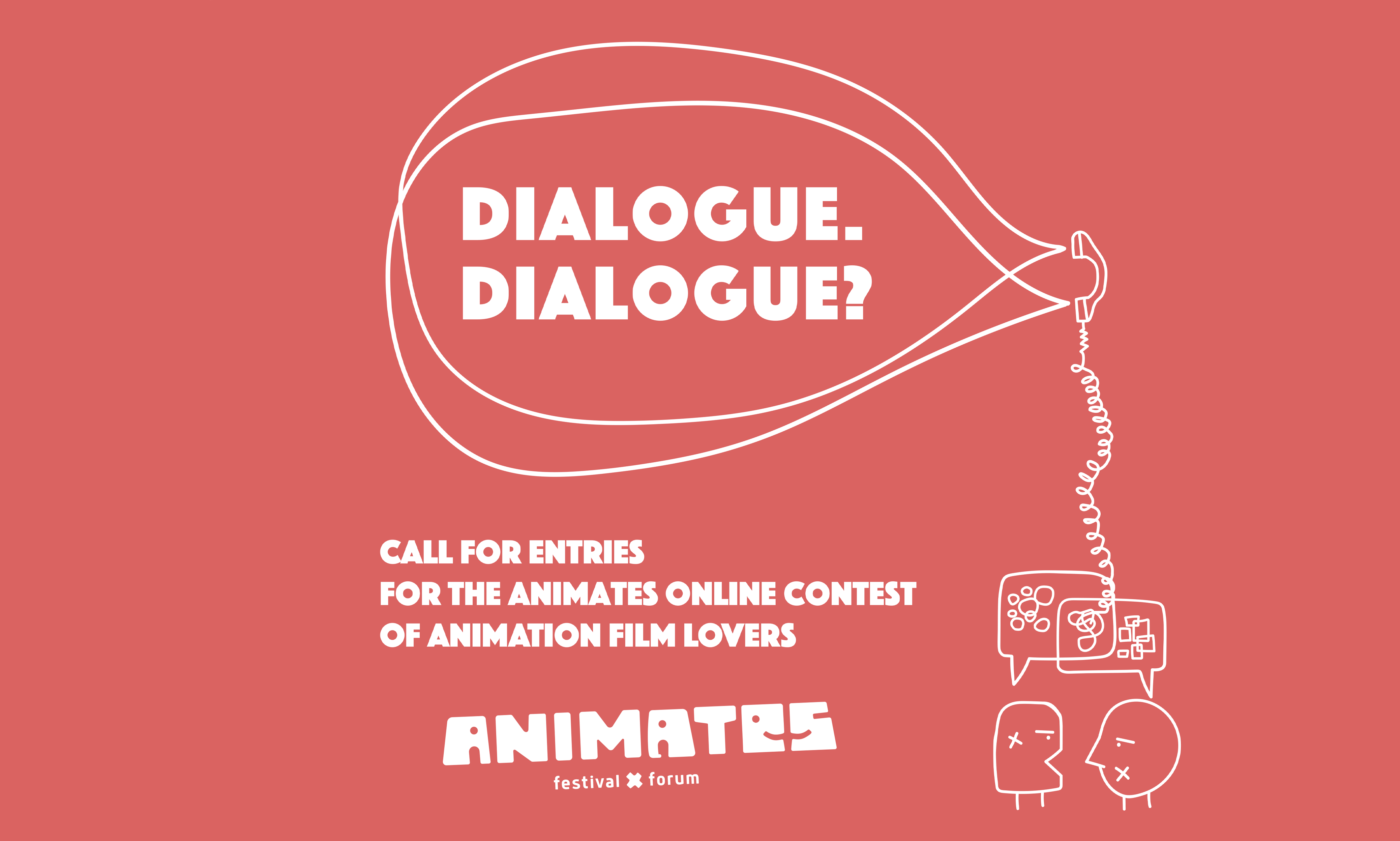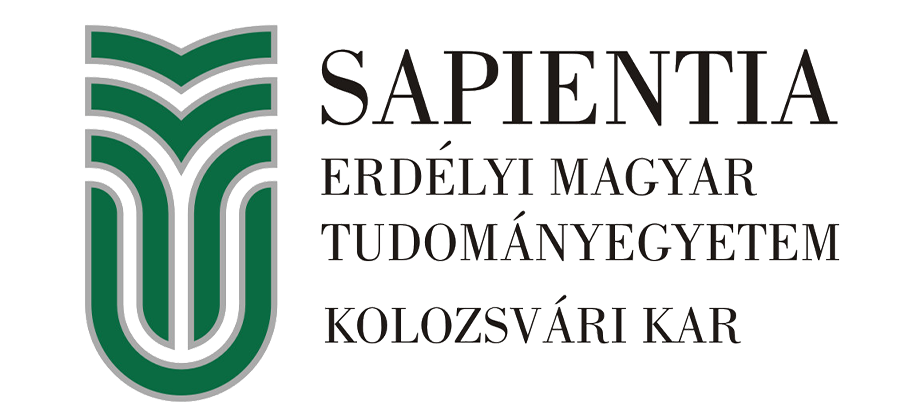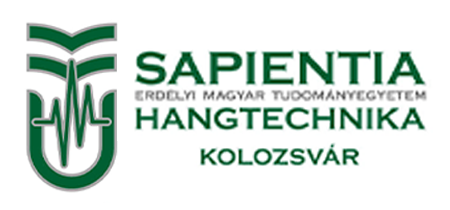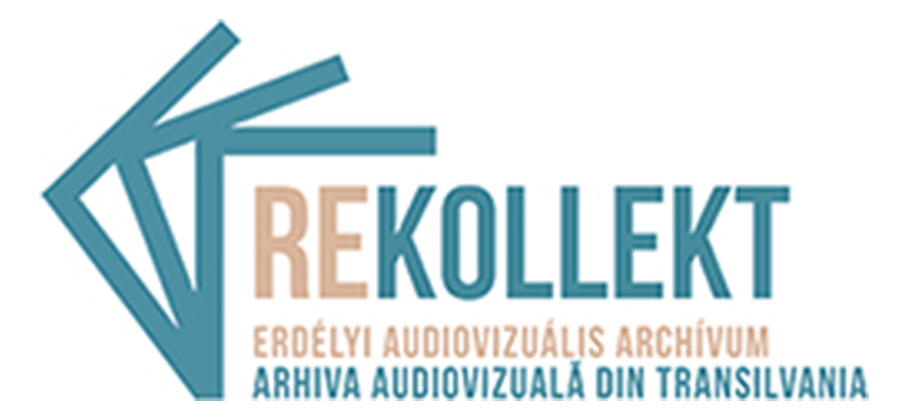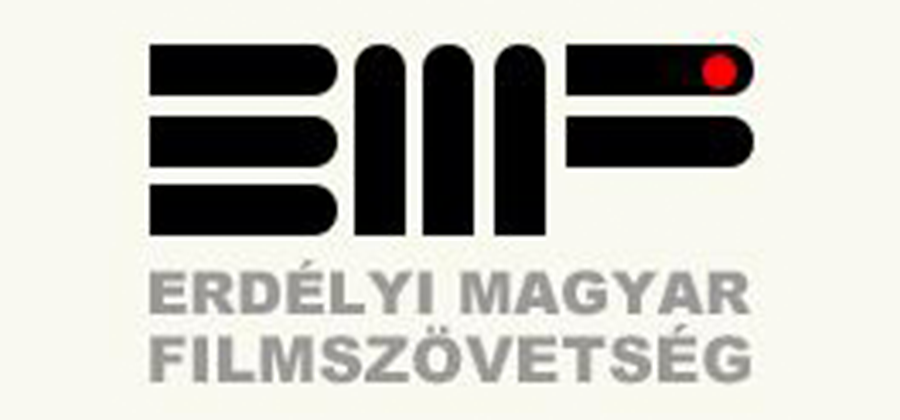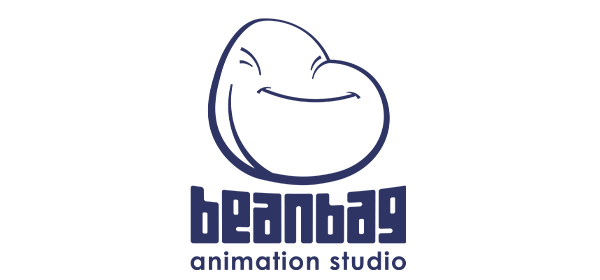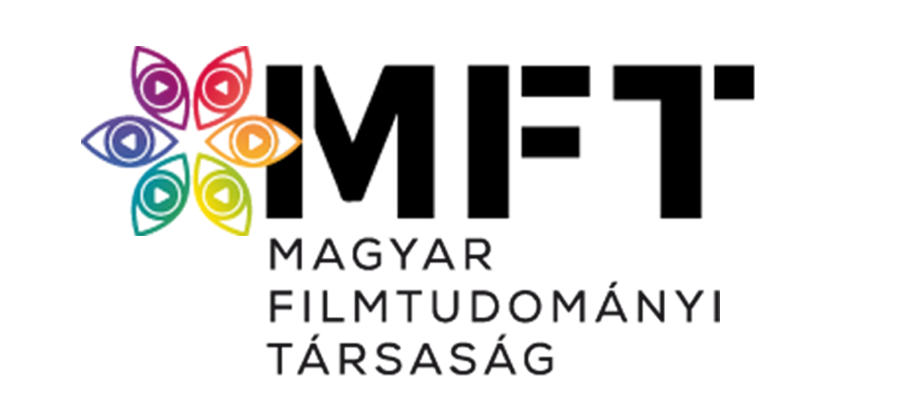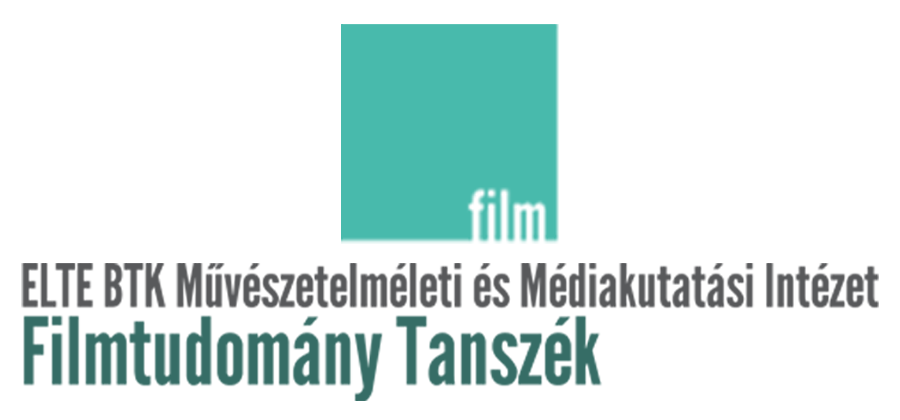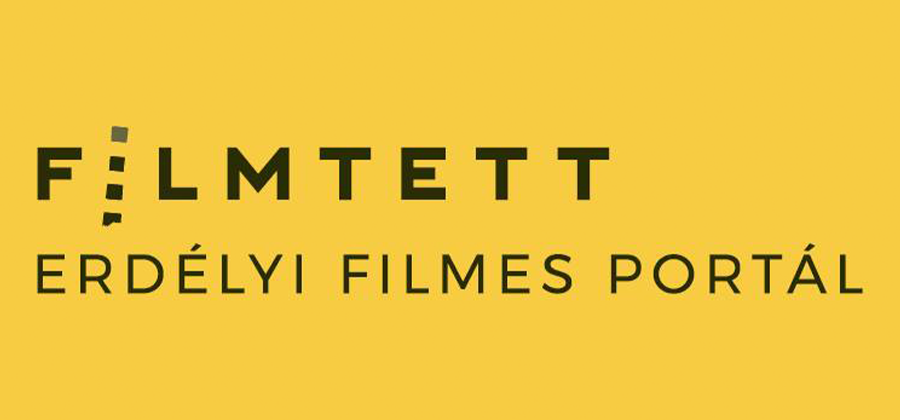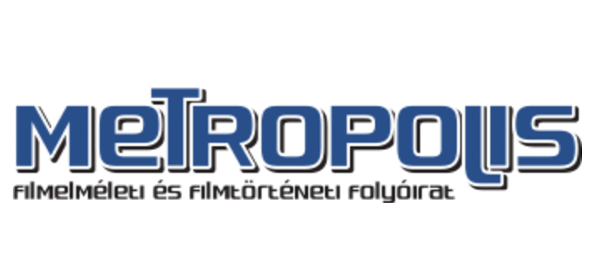| Kutatás / Konferenciák / | előző | következő |
UNCANNY INTERMEDIALITY
Organized within the framework of the Exploratory Research Project supported by a grant of the CNCS - UEFISCDI, project number PN-III-P4-PCE-2021-1297.
20-21 October 2022.
Deadline for submissions: 20 September 2022.
CALL FOR PAPERS
We invite you to join us on a two-day workshop launching our new research project, Affective Intermediality. Cinema between Media, Sensation and Reality. In this project our goal is not to provide or refine a widely applicable set of abstract concepts regarding the connections between media, quite the contrary, we seek to map areas where intermediality appears as most elusive and mutable, where it is registered as a sensation altering our perception of a medium and where it connects to us in an affective way. Acknowledging the historicality and embeddedness of media within an ever-changing material world and the fact that on both ends of all media processes of creation and reception there is a sensitive, cognizant subject, we set out to investigate the performative potential of media juxtapositions or ambivalences. This performativity, however, hinges on the experience of in-betweenness, something that is very hard to define and that may actually drift into the territory of the uncanny. As Nicholas Royle explains in his seminal book, in the most general sense, the uncanny “has to do with strangeness of framing and borders, the experience of liminality” (2003, 2), as such, according to its most prominent theorists (Ernst Jentsch, Sigmund Freud, Tzvetan Todorov) it is most often associated with the uncertain, the oscillation between ontologies (reality or fiction) and states of being (life or death). All of these resonate with our perception of intermediality, which also means “sensations oscillating in-between media, the perception of the characteristic of one medium in another like a strong sense of déjà vu, like an ‘otherness’ or an ‘interworld’ that is suddenly revealed to us but resists total unravelling”, and therefore “always has the potential to appear to us as something deeply uncanny” (Ágnes Pethő: The Photofilmic Diorama, 2020, 185). Moreover, the digital age has produced new sensations of ambivalence between animate and inanimate, human and non-human, natural and artificial, immediate and hypermediated, eliciting visceral uncanny effects in contemporary art and in everyday media phenomena alike, often involving a sense of intermediality, and unsettling our familiar concepts of “self” and “affect” (see Kriss Ravetto’s Digital Uncanny, 2019). Starting our project, we propose a friendly debate around some of the issues that puzzle us in this regard, and in which bringing together the concepts of intermediality and the uncanny may prove productive.
We suggest the following topics to be addressed by participants (and we also welcome any relevant new ones that can expand the area of investigations):
- cinema “haunted” by the other arts; uncanniness generated through contamination between cinema and painting, photography, installation art, etc., and vice versa; the uncanny cinematic tableau;
- the strangeness of framings, perspectives and viewpoints introduced by techniques of intermediality;
- images making their “unhomely” home in-between the arts; the uncanniness of repeated remediations;
- intermediality and the digital uncanny;
- the uncanny oscillation between emotional engagement, immersion and alienation effects introduced through intermediality in cinema and contemporary art using moving images;
- intermediality in conjunction with interculturality and the uncanny experience of otherness;
- presentations of practice as research approaches to the “uncanniness” of intermediality;
- a metatheoretical approach: the “homelessness”, i.e. the in-between status of intermediality studies, a survey or a personal testimony regarding the conditions and the state-of-the-art in researches in the field.
On this occasion, we will also proudly launch two books written by members of our research team:
Hajnal Király’s The Cinema of Manoel de Oliveira: Modernity, Intermediality and the Uncanny,
published by Bloomsbury Academic, 2022.
Judit Pieldner’s Adaptation, Remediation and Intermediality: Forms of In-betweenness in Cinema,
published by Editura Presa Universitară Clujeană, 2020.
We plan this as a relaxed and stimulating in-person event, but if the situation demands, we are prepared to switch to a more uncanny, hybrid format (i.e. offline presentations combined with online contributions).
The official language of the conference is English. The time for presentations is 20 minutes, followed by a 10-minute debate.
Participation fee (which includes coffee and buffet style reception): 70 EUR / 350 RON.
Details about payment method to be communicated after the submission deadline.
A selection of papers based on the presentations will be published in 2023 in a special issue of our international, peer reviewed journal (Acta Universitatis Sapientiae. Film & Media Studies) indexed in several prestigious international databases (e.g. Web of Science Core Collection: Emerging Sources Citation Index, ERIH Plus).
Please send your proposals by filling in this SUBMISSION FORM, until the 20th of September 2022, and feel free to contact us if you have any additional questions at: uncanny.intermediality@gmail.com
We will send you acceptance notices by the 21st of September the latest (but feel free to request an earlier reply if you submit earlier than the final deadline and need it).
Recommended possibilities of accommodation:
Here is a list of hotels in the vicinity of the workshop venue, at a maximum distance of 15 minutes' walk.
Recommended hotels:Fullton Hotel ***
http://hotelfullton.ro
Hotel Transilvania ***
http://www.hoteltransilvaniacluj.ro
Hotel Confort ***
https://hotelconfort.ro/en/
DoubleTree by Hilton, Hotel Cluj - City Plaza ****
http://doubletree3.hilton.com/en/hotels/romania/doubletree-by-hilton-hotel-cluj-city-plaza
Travel information
Cluj Napoca Airport: www.airportcluj.ro/
Low-cost flights to Cluj: https://wizzair.com/
Cluj Napoca Airport is located at 8 km from the city, so it is easy and fairly cheap to get to the center by taxi or bus.






